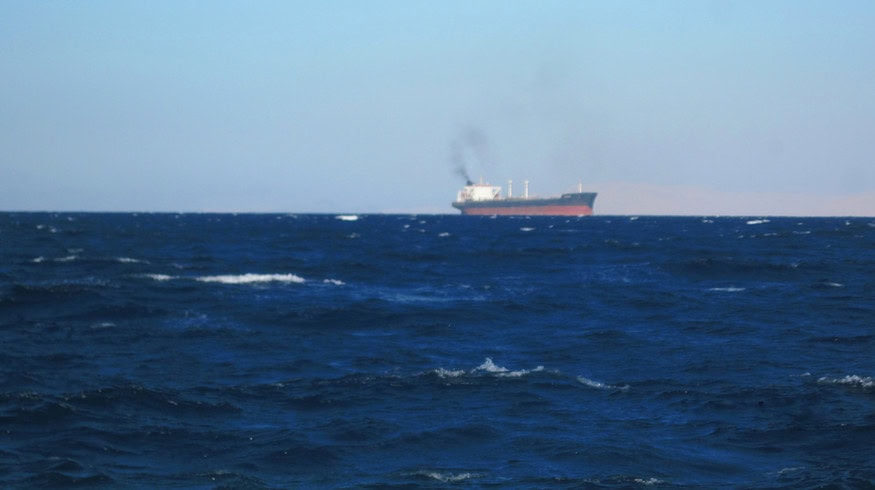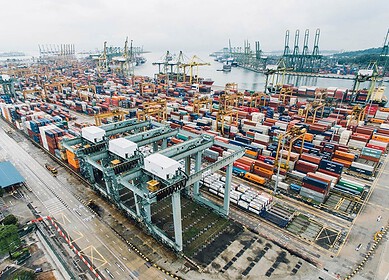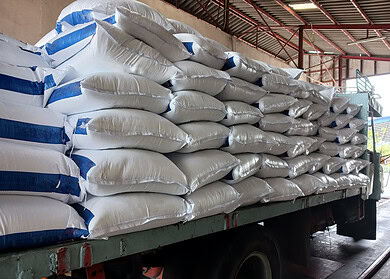Red Sea crisis threatens Pakistan’s fertilizer imports

The intensifying crisis in the Red Sea is poised to disrupt Pakistan’s fertilizer imports, casting a shadow over the trade routes and fueling fears of new inflation and supply chain disruptions. The industry is particularly apprehensive about the production of DAP (Diammonium Phosphate) fertilizer. In response to the initial signs of trouble, Fauji Fertilizer Bin Qasim, the sole manufacturer of DAP fertilizer in Pakistan, experienced selling pressures at the Pakistan Stock Exchange (PSX) today.
IMS Research of Pakistan has shed light on the situation, noting that the escalating tensions in the Middle East are starting to significantly affect global trade dynamics. With Yemeni Houthi forces targeting commercial vessels, maritime traffic in the region has faced disruptions. This has led to a drastic increase in freight charges as shipping companies seek alternative, longer routes to bypass the Red Sea. The situation is not only impacting specific sectors but also carries the potential to ignite a commodity super-cycle, fueled by soaring oil prices and intensifying inflationary pressures.
Critical commodities, including crude oil, LNG, chemicals, and coal, are among the top goods annually transported through the strategic Red Sea & Suez Canal corridor. The corridor sees around 21,000 cargo-carrying vessels annually. However, in light of recent hostilities, an estimated 40-50% of these vessels have been diverted, citing heightened security concerns. Should this diversion persist, it threatens to instigate another commodity super-cycle, propelled by increased freight charges due to the rerouting via Africa and a potential shortage of commodities resulting from extended lead times, which in turn could elevate global prices.
For Pakistan, the continued tension holds mixed implications. While the oil and gas sector might experience a positive impact, other sectors, including Fertilizers, Textiles, Chemicals, Steel, and Cement, are likely to face adverse effects due to supply chain disruptions.
The implications for the fertilizer sector, in particular, are notably concerning. Analysts have highlighted the Red Sea’s pivotal role in transporting a diverse range of chemical shipments, a significant portion of which comprises fertilizers such as urea, DAP, NPK, and phosphoric acid. While Pakistan is a major urea producer, the nation might face challenges concerning imported fertilizers like DAP. A case in point is the reliance of FFBL on Moroccan phosphoric acid, which is shipped via the Red Sea route, exposing the company to potential supply chain vulnerabilities. Moreover, companies like Fauji Fertilizer and Engro Fertilizer, which are actively involved in the trade of imported DAP in the local market, could face pressures. Prolonged lead times might not only lead to international DAP price surges but also contribute to an increase in domestic DAP prices, further complicating the economic landscape.
Enjoyed this story?
Every Monday, our subscribers get their hands on a digest of the most trending agriculture news. You can join them too!
















Discussion0 comments